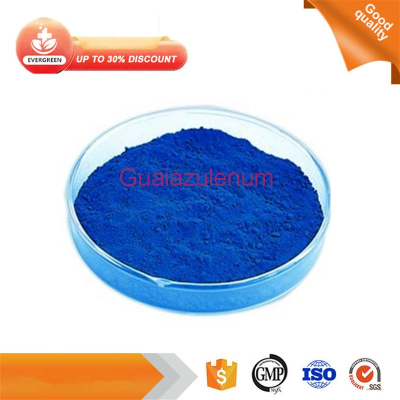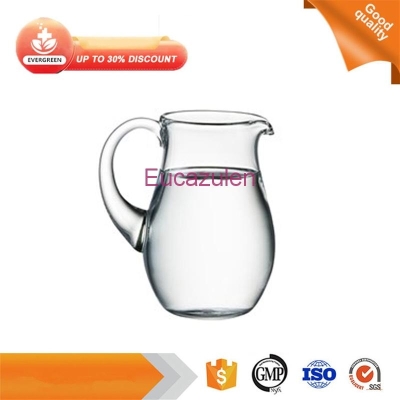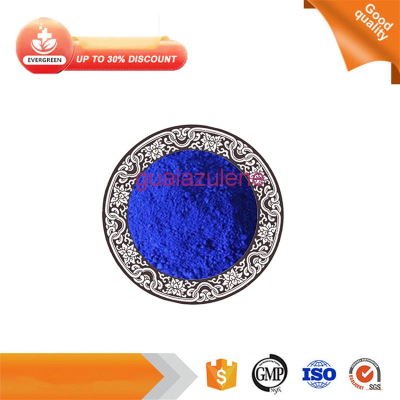-
Categories
-
Pharmaceutical Intermediates
-
Active Pharmaceutical Ingredients
-
Food Additives
- Industrial Coatings
- Agrochemicals
- Dyes and Pigments
- Surfactant
- Flavors and Fragrances
- Chemical Reagents
- Catalyst and Auxiliary
- Natural Products
- Inorganic Chemistry
-
Organic Chemistry
-
Biochemical Engineering
- Analytical Chemistry
- Cosmetic Ingredient
-
Pharmaceutical Intermediates
Promotion
ECHEMI Mall
Wholesale
Weekly Price
Exhibition
News
-
Trade Service
Since 2015, the spread of the arthropod-borne viruses (insect-borne) Zika and chikungi viruses in the Americas has led to outbreaks, while immunomedia-mediated and infectious neurological diseases have increased.
the importance of neurological manifestations associated with these viruses and double infections is not entirely clear.
our aim is to investigate whether nervous system performance varies depending on infection with insect-borne viruses and whether patients with double infection have different disease spectrums or severity.
: This paper reports forward-looking observational studies during the occurrence of Zika and chikungi viruses in dengue-endemic areas of Brazil.
we recruited adults 18 years of age or older with a history of suspected acute neurological disorders and suspected insect-borne viral infections.
we look for evidence of Zika, chikungi, or dengue infection through viral RNA or specific IgM antibodies in serum or cerebrospinal fluid.
grouped patients based on laboratory diagnosis of insect-borne viruses and then compared demographic and clinical characteristics.
: Between 4 December 2014 and 4 December 2016, 1,410 patients were admitted to the Hospital Neurology Department.
201 (14%) of these cases showed symptoms consistent with insect-borne viral infections, and there were enough samples for diagnostic testing and inclusion in the study.
48 years (IQR 34-60 years old) and 106 women (53%).
148 (74%) of the 201 patients had laboratory evidence of insect-borne viral infections.
Of these, 98 (49 per cent) had a single viral infection (41 (20 per cent) with Zika virus, 55 had chikungi virus and 2 had dengue infection, while 50 (25 per cent) had evidence of a double infection, mainly zika virus and chikungi virus (46 per cent).
of the central nervous system and peripheral nervous system in patients who tested positive for insect-borne virus infection.
chikungikunya infection is more commonly associated with central nervous system diseases (26 out of 55 cases of chikungi infection and 6 out of 41 cases of Zika virus infection ;p 0,0008), especially in patients with spinal corditis (12 x 22 percent).
Zika virus infection is more commonly associated with PNS disease (26 out of 41 people infected with Zika virus infection are associated with 9 out of 55 chikungi virus infection patients; p≤0,0001), especially with Glyn-Barre syndrome (25 (61 percent) patients).
people with Gillan-Barre syndrome, who have both Zika and chikungikunya infections, are more invasive than patients with a single infection and require intensive care and longer hospital stays (median 24 days (IQR 20-30 days) vs 17 days (10-20 days) ;p-0028).
Of the 46 patients with double Zika and chikungi, 8 (17%) had a stroke or short-term ischemia attack, while 5 (6%) of the 96 patients with Zika or chikungi single infection had a stroke or a transient ischemia attack (p - 0.047).
In summary, we have shown that Zika virus infection is associated with various central nervous system and respiratory manifestations other than Green-Barre syndrome, with chikungi infection, encephalitis and spinal corditis the most important manifestations.
Brito Ferreira, Maria Lúcia et al. Neurological disease in adults with Zika and chikungunya virus in Northeast Brazil: a prospective observational study. The Lancet Neurology, Volume 19, Issue 10, 826 - 839MedSci Original Source: MedSci Original Copyright Notice: All text, images and audio and video materials on this website that indicate "Source: Met Medical" or "Source: MedSci Original" are owned by Mets Medicine and are not authorized to be reproduced by any media, website or individual.
all reprinted articles on this website are for the purpose of transmitting more information and clearly indicate the source and author, and media or individuals who do not wish to be reproduced may contact us and we will delete them immediately.
at the same time reproduced content does not represent the position of this site.
leave a message here







